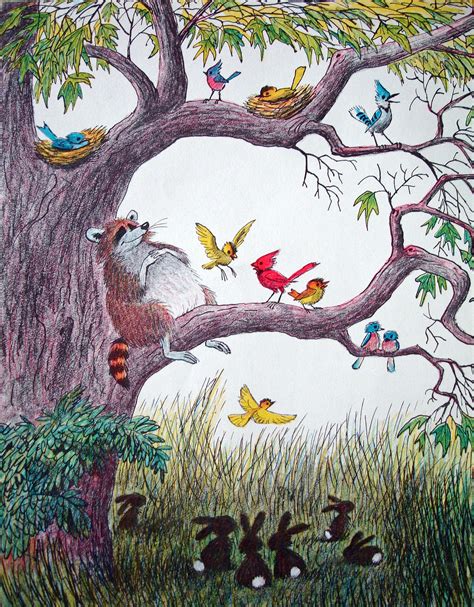A Quote by Margaret Atwood
If you feel that there's the author and then the character, then the book is not working. People have a habit of identifying the author with the narrator, and you can't, obviously, be all of the narrators in all of your books, or else you'd be a very strange person indeed.
Related Quotes
Frequently, an author gets "orphaned" at a publisher. What this means is that an editor buys their book, then ends up getting fired, promoted, or transferred to a different job somewhere else. It sucks for the author because suddenly the person who liked your book enough to buy it isn't around to help you edit and promote it.
I don't think that children, if left to themselves, feel that there is an author behind a book, a somebody who wrote it. Grown-ups have fostered this quotient of identity, particularly teachers. Write a letter to your favorite author and so forth. When I was a child I never realized that there were authors behind books. Books were there as living things, with identities of their own.
I am an author-illustrator of children's books - and yet - I must confess I don't do the books for the kids. When I'm working on a book I'm somewhere else - at the circus - or a rustic old farm - or deep in a forest - with no thought of who might read the book or what age group it would appeal to. I write them so I can illustrate them.
You’ve thrown down the gauntlet. You’ve brought my wrath down upon your house. Now, to prove that I exist I must kill you. As the child outlives the father, so must the character bury the author. If you are, in fact, my continuing author, then killing you will end my existence as well. Small loss. Such a life, as your puppet, is not worth living. But… If I destroy you and your dreck script, and I still exist… then my existence will be glorious, for I will become my own master.
No one really knows the value of book tours. Whether or not they're good ideas, or if they improve book sales. I happen to think the author is the last person you'd want to talk to about a book. They hate it by that point; they've already moved on to a new lover. Besides, the author never knows what the book is about anyway.
In the biographical novel, there's only one person involved. I, the author, spend two to five years becoming the main character. I do that so by the time you get to the bottom of Page 2 or 3, you forget your name, where you live, your profession and the year it is. You become the main character of the book. You live the book.
[D]on't ever apologize to an author for buying something in paperback, or taking it out from a library (that's what they're there for. Use your library). Don't apologize to this author for buying books second hand, or getting them from bookcrossing or borrowing a friend's copy. What's important to me is that people read the books and enjoy them, and that, at some point in there, the book was bought by someone. And that people who like things, tell other people. The most important thing is that people read.
The Internet obviously changes things; we've seen that in the music industry above all else. As an author, I'm now having to deal with the fact that it's happening in the publishing industry as well. And publishing is going through a very difficult time. Some view it as positive, some negative, but nobody really knows how to deal with it. If you're an author it looks very challenging because your work can be pirated so easily and there's very little you can do about it.





































